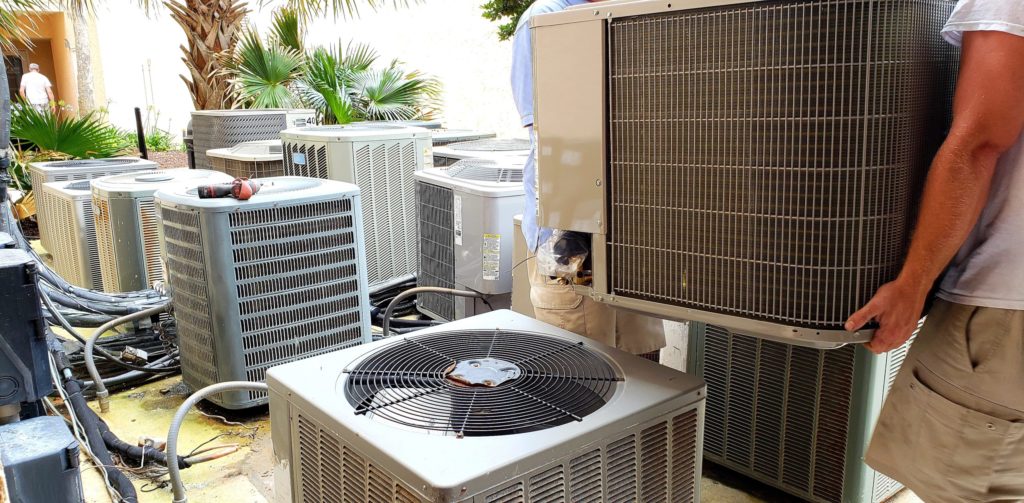Many people believe that the indoor air quality in their homes is only affected by their HVAC systems. However, this couldn’t be further from the truth. The indoor air quality in your home isn’t based solely on your HVAC system.
Indoor air quality is affected by a wide variety of other factors as well. Many things can reduce your indoor air quality, from your carpets to your air filters. In this article, we’ll explore some of the various factors that can influence indoor air quality and how to address them.
Dirty carpets can lower your air quality.
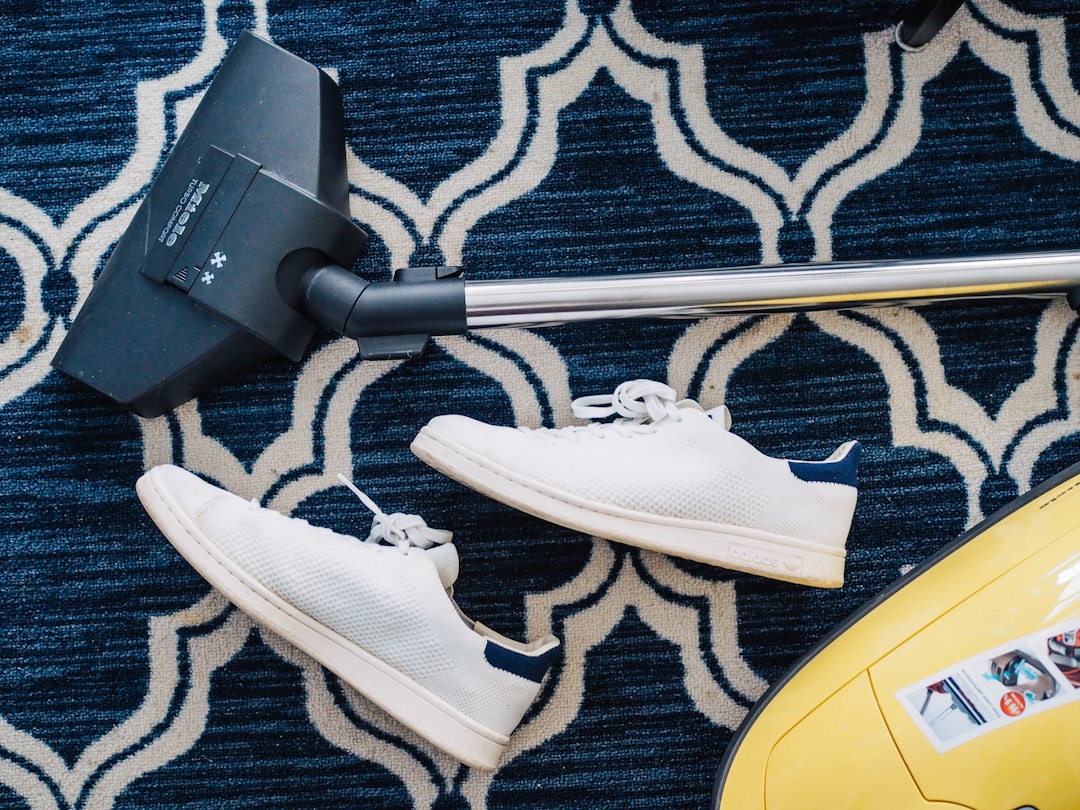
Carpets can trap a lot of unsavory things. When you neglect the routine maintenance for your carpeted floors, dirt, dust, pet dander, food particles, and much more can embed themselves into your carpet fibers. As a result, your indoor air quality is drastically affected. In addition, these debris particles can increase allergies and respiratory problems.
Vacuum your carpets at least one to two times a week and have them professionally cleaned at least once a year to improve air quality around your home.
Smoking indoors does no favors for your air quality.
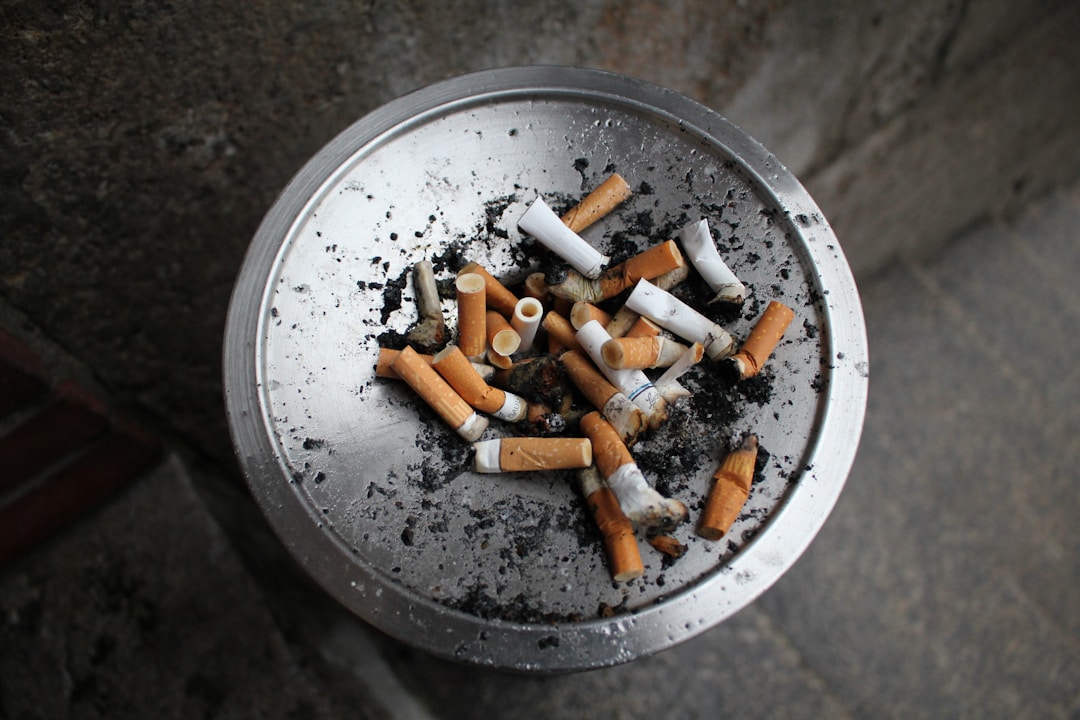
It goes without saying that smoking isn’t good for you. However, it’s not suitable for your home either. Smoking inside not only exposes your family to the risks of secondhand smoke but also reduces your indoor air quality.
While quitting would be the best solution to your air quality and health risks, at least smoke outside of the home to protect your family and increase indoor air quality.
Forgetting to change your air filters dramatically reduces air quality.
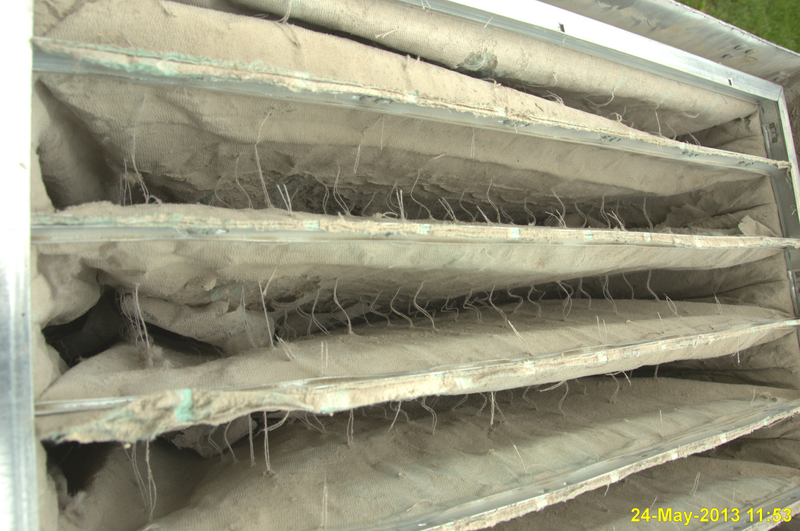
The air filters for your HVAC system directly impact indoor air quality. The HVAC system cannot function properly if air filters are clogged with dust and debris. As your HVAC system cycles air throughout your home, these filters collect all of the debris floating through the air. If left unchecked, this debris will clog the air filters and prevent them from cleaning the air.
Remember to regularly check and change your air filters to improve your indoor air quality. You should change your air filters roughly every three months. However, you should change them every two months if you have pets.
Unclean air ducts may be damaging your air quality.
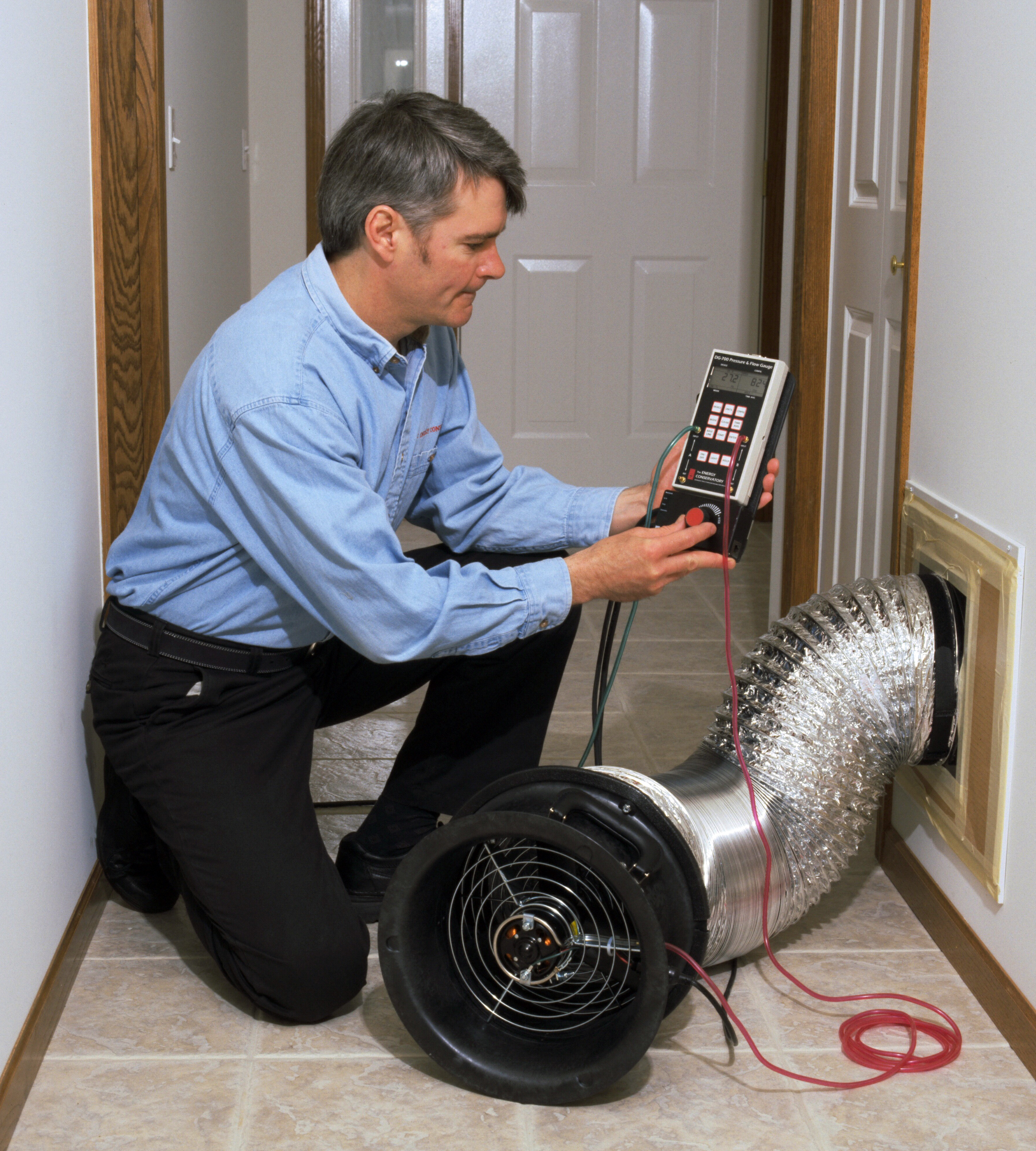
Many homeowners often overlook air-duct cleaning. However, as air cycles through your HVAC system, dirt, dust, and other contaminants are left behind in the air ducts. Failing to have them cleaned regularly allows these contaminants to continue cycling through your home in the air you breathe.
You should have your air ducts professionally cleaned approximately every three to five years. However, this time frame depends on where you live, how often you use the HVAC system, and whether or not you have pets.
Failing to vent cooking fumes may be hurting your air quality.
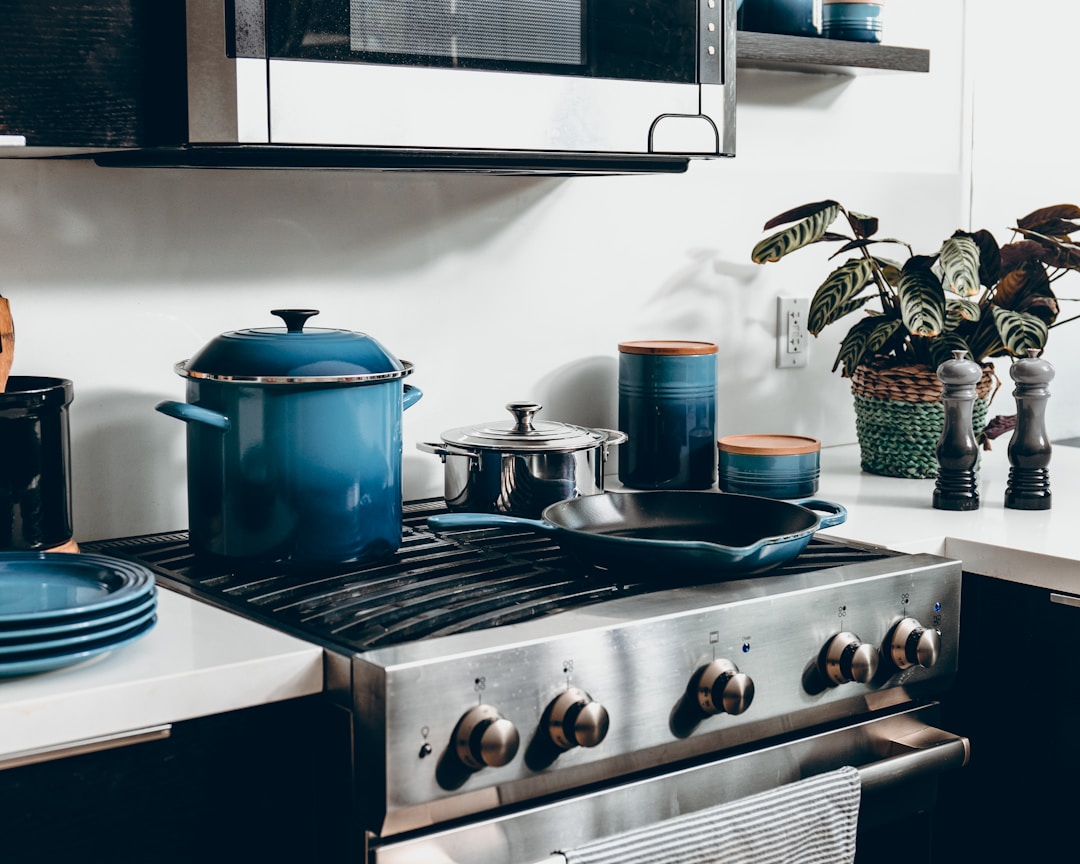
Plenty of indoor air pollutants come from your kitchen. For example, if you have a gas stove, cooking releases harmful contaminants like carbon monoxide and nitrogen dioxide. However, electric stoves release the same pollutants, too, just in smaller doses. Not to mention, some cooking products can release harsh chemicals into the air as well.
The best solution to improve air quality in the kitchen is to use an exhaust fan. Your kitchen’s exhaust fan is there to vent these chemicals and release them outside of your home. If you use your fan every time you cook, you’ll see a notable difference in the air quality.
Try to reduce the pollutants we’ve covered to improve your air quality.
All of the factors we’ve listed above affect air quality negatively but can be reduced in simple, cost-efficient ways. For example, keep your carpets clean, smoke outside, change the air filters, clean air ducts, and use the kitchen vent to improve your air quality. Remember, indoor air quality isn’t based solely on your HVAC system.

